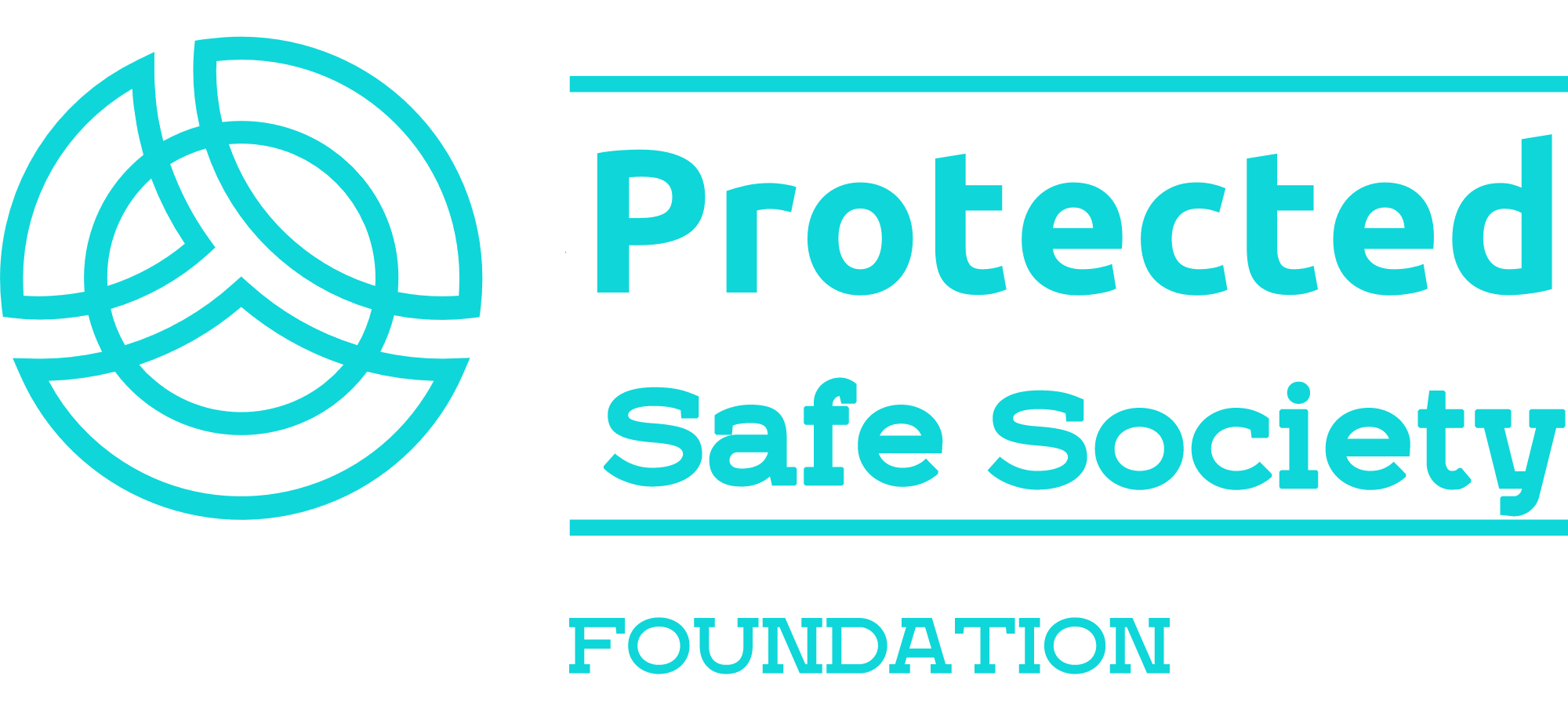October 22-24, 2024… this date will be discussed in highlighted chapters of world history books in a few years.
During these days, it became clear that there has not been a political, economic, and cultural change of such depth and magnitude since 1944, the time of Bretton Woods, when the leaders from the East and South of the world came to an agreement in Kazan, Russia.
In many aspects, the events of that time were not as profound as the changes we will witness in the coming years due to the expansion of the BRICS institutionalization.
While Bretton Woods reshuffled the cards in the organization of the world, it did so without changing the leadership role of the West, which actually strengthened in certain aspects.
The current transformation is happening as the weight of the Western financial axis continuously decreases, allowing the East and South, with larger and more manageable resources, to take over the geopolitical leadership role. Will the East become a dominant and monopolistic power in the future? I doubt it, as that is not the goal! The emergence of a multipolar world order will result in a certain bipolarity among the strong forces of BRICS, simply because there will be no other place on the chessboard.
Okay, but we’ve seen this before, just think about the situation between the USA and the Soviet Union. What would be the difference now? Ultimately, the USA won back then, as the Soviet Union collapsed, leaving Washington as the sole superpower. The difference is huge!
The significant advantage of BRICS, and the strong attraction it arouses among states and societies, is that its development is not expansive but rather natural. There are no ideological limitations, you don’t have to be a communist or a wild capitalist, or become one if you want to join.
It does not impose its ideas on states, it does not dictate, interfere in your domestic politics, religion, or define how you should live, it does not want to make decisions for you, above you.
The whole structure is different from what we were used to during the Cold War, where in many cases everything was all about force…
This concept, which is not just talk but is also reflected in the execution of the organization, as well as in its results, represents a soft-power force for BRICS, which, despite all its flaws, has so far been hidden in the Western bloc’s arsenal. I dare say that, among the global political and economic elites of the South, BRICS now has a bigger and stronger soft-power influence than the West. How can we see this? By the fact that despite all opposition from the West, there are now 70 interested states in BRICS, and Serbia and Turkey, which have so far been aiming for EU integration, have clearly shown that they would rather join the BRICS states than the Brussels bloc.
The West’s power is declining, and it uses its remaining resources more as a child whose toy car’s rear wheel has broken off, and instead of fixing it or trying to understand what happened and find a solution, he sulkingly throws it to the ground and sits in a dark corner…
Meanwhile, the other children continue playing beside him, and he increasingly appears as an outsider in the community.
The West has voluntarily taken a seat in the corner, shouting and cursing from there, in his self-importance, not realizing that the others are no longer paying attention to him…




